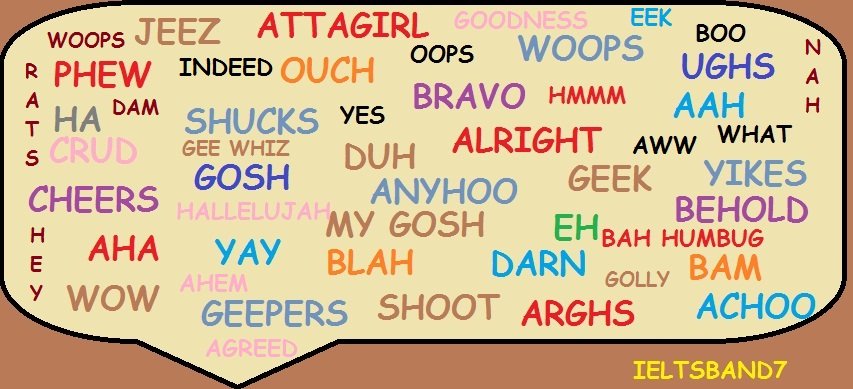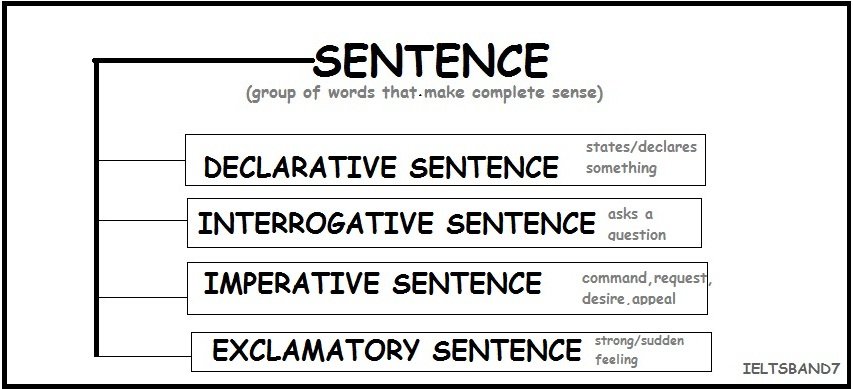Exclamatory Sentence
An exclamatory sentence is used to express a very strong emotion. It could be love, anger, happiness, confusion, frustration, surprise, elation etc. An exclamatory sentence can be written by just writing a sentence, putting in it emotion and then ending it with “!”.
”!” is called the exclamation mark.. Exclamation marks are used to express strong feelings and are not used otherwise.
For example-: Sun rises in the east! There is no point using exclamation mark, since the sentence just stats a fact and does not shows any emotion.
The other point to keep in mind while using exclamation marks is that although they are good if you want to show a strong emotion, but it is preferred to use them wisely.
For example-: India is a poor country! The government is also not doing anything to curb it! Some say it is the government to be blamed, while others believe we all need to come together to solve the issue!!
Explanation-: What have I done here? I have used the exclamation mark to express every opinion of mine. This is wrong idea. No one wants to see only exclamation marks in your writing.
Moreover, If you are writing academic essays or reports, don’t use the exclamation marks, unless you are putting it in the quotations.
Although the formal English requires the exclamation sentences to begin with either what or how, informal English allows the usage of any word with them. Apart from this there are two grammar rules associated with exclamatory sentences-:
RULE 1-: If the noun in your sentence is plural, the correct choice is what and not how.
For example-:
What beautiful kids they are! //correct
How beautiful kids they are! //incorrect
RULE 2-: The exclamatory mark is placed always at the end of the sentence.
For example-:
Hurray, we won the match! //correct
Hurray! We won the match. //incorrect
EXAMPLES OF EXCLAMATORY SENTENCE
- I simply adore it! //love
- I can’t solve this! //frustration
- I just topped the college! //elation
- I am going to miss you! //sorrow
- Why can’t you just get out of this room! //anger
Although, imperative sentences can become exclamatory, but never use exclamatory mark if the sentence has please in it.
INTERJECTIONS-: An interjection is any word that can be used to express an emotion and have not grammatical connection with the rest of the sentence. An interjection neither requires a verb nor a subject to express an emotion.
For example-:
- Wow, you are so beautiful.
- Ouch, that hurts!
NOTE: remember, a comma always succeeds an interjection.
With exclamatory sentences you can make your writing more expressive, but keep in mind when to use them, when not to and most importantly how to use them.
IELTSBAND7



